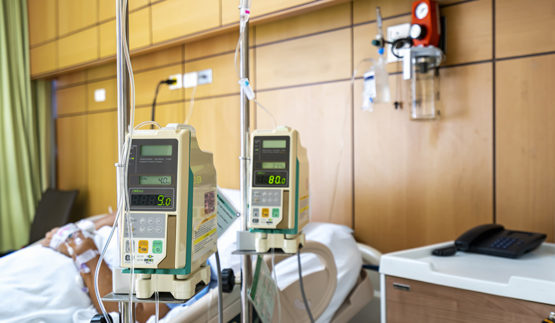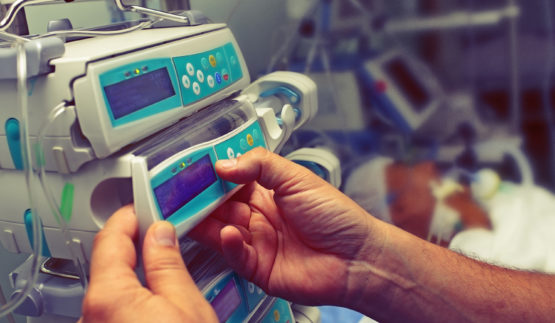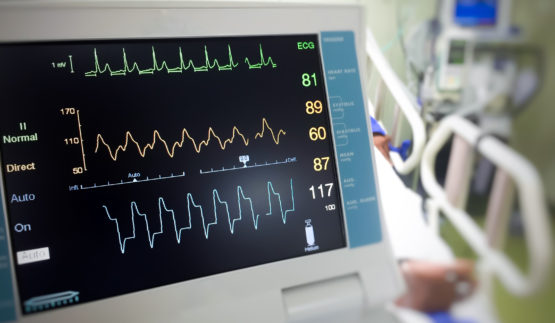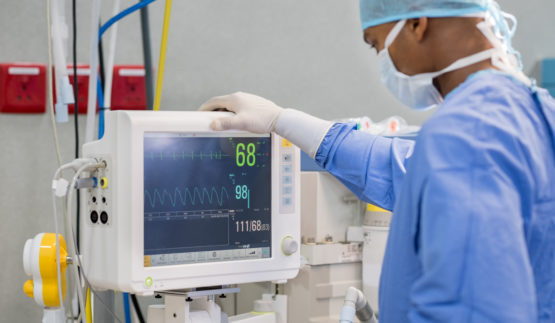
November 24, 2020
A Nurse’s Greatest Fear: Missing Signs of Preventable Patient Deterioration
by Cyndi Coyne, BSN, RN
Patient care requires continuous cognitive shifting and stacking to identify and prioritize clinical tasks. Processing the vast volume of information alone is stressful, then consider that shifting and stacking can potentially distract a clinician from noticing a warning sign of patient deterioration. The best result would be a slight delay in the delivery of needed care, while the worst result would be A Nurse’s Greatest Fear.

November 10, 2020
How to Better Detect Opioid-Induced Respiratory Depression Without Turning Every Unit Into an ICU
by Gregory Eckstein and John Zaleski
Postoperative patients are predisposed to episodes of respiratory depression, which if not detected and treated can lead to apnea, anoxic brain injury, cardiac arrest, and death. By continuously monitoring the patient’s end-tidal carbon dioxide (EtCO2), respiratory rate (RR) and fractional inspired CO2 (FiCO2) through capnography, clinicians can more accurately assess ventilation adequacy and predict the onset of declining cardiovascular and respiratory conditions.

October 20, 2020
Edge Computing Part 2: Protecting Medical Devices and the Network from Cyberattack
by Christophe Dore and Robert Cohen
Edge computing allows you to create a secure “mini network” of a patient’s bedside medical devices, separate from the hospital’s main network. The edge computing device provides added security by controlling data exchange at the application level, rather than the network level.

September 22, 2020
Edge Computing: How New Technology Energizes This Old Concept
by Christophe Dore and Robert Cohen
Medical devices – especially connected ones – help with identifying and predicting patient deterioration. The insights they provide need to be readily accessible at the point of care and at the moment of care. These are some of the benefits edge computing delivers.

September 1, 2020
The Right Medical Device Integration Strategy Can Increase the Efficiency of Medical Device Security
by Christophe Dore
In a survey of healthcare information security professionals taken before the pandemic, a majority of respondents acknowledged that their organizations experienced a significant security incident.

August 18, 2020
From Reactive to Proactive Care
by Jessica Serrao & John Zaleski, PhD, NREMT
Supporting current clinicians and preventing adverse events throughout the hospital are possible with an enhanced clinical surveillance strategy that involves new data-driven workflows. Enhanced real-time clinical surveillance goes beyond standard monitoring of physiologic parameters to help detect emergent clinically actionable events.





